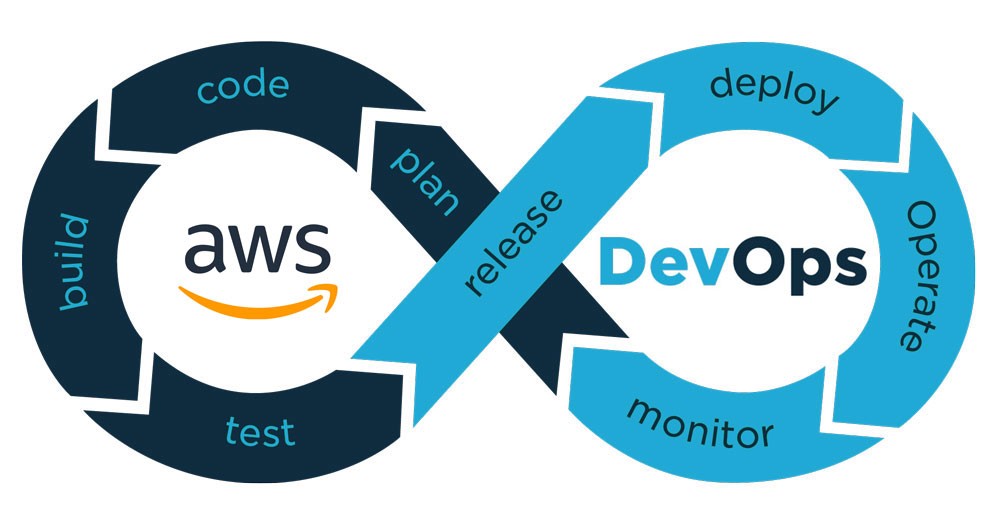Introduction
By combining cloud computing with automation, AWS DevOps enables companies to provide quicker and more dependable service. Beginning learners may initially think it is difficult. But with the proper direction, you may develop your talents progressively. Understanding cloud fundamentals starts this voyage, which then develops into control of strong instruments. You can become confident in AWS DevOps and begin building actual world solutions if you remain patient and consistently practice. The AWS DevOps Professional Certification opens doors to numerous career opportunities for aspiring professionals.
Start Your AWS DevOps Journey the Right Way
Here’s a compact learning guide for beginners planning a career with AWS DevOps:
Start with the Basics of AWS
Aws DevOps foundation is essential for beginners. AWS is a huge platform. First grasp cloud computing’s fundamental operations and its advantages. Learn about its main services. Emphasize network, compute, and storage. Investigate S3 for storage, VPC for networking, and EC2 for virtual machines. Try to not take everything in at once. AWS offers many possibilities. First, develop a solid grasp of the most important ones.
Understand DevOps Concepts
You ought to first understand what DevOps is before delving into devices. DevOps transcends automation. It links operations and development. Discover continuous integration, delivery, and deployment. Know why teams use pipelines and how they minimize manual errors. Concentrate on how DevOps enhances teamwork. Every tool you will use later on has its foundation in these concepts.
Get Comfortable with Linux and Git
Most AWS DevOps solutions are compatible with Linux. Thus, you ought to become accustomed with the Linux command line. Master fundamental file management and user control. Another program you must be aware of is Git. Managing code and tracking changes becomes easier with this. Learn how to clone, commit, and push code. GitHub or GitLab are also important to learn. Later, they assist you integrate with CI/CD solutions. They host your code.
Learn Infrastructure as Code with Terraform or CloudFormation
AWS provides CloudFormation to enable code-driven resource management. Another well used instrument operating across clouds is Terraform. Both let you quickly build and demolish infrastructure. Start with learning how to write basic templates with the Devops And Aws Training. Code allows one to practice building S3 buckets or EC2 instances. You may manage actual infrastructure systems easily once you have mastered this.
Understand CI/CD with AWS Tools
Start designing pipelines once you have mastered DevOps fundamentals. AWS gives CodeDeploy, CodeBuild, and CodePipeline. These utilities allow one to automate deployments and testing. CodePipeline lets you link your GitHub code. CodeBuild lets you then construct it; CodeDeploy enables deployment. Do minor projects. Simple Node.js apps or static websites should be automatically deployed. When you use your knowledge, true learning results.
Learn Containerization and Orchestration
DevOps now requires Docker as a basic competence. Know how to design Docker images and run containers. Once you know that, proceed on orchestrating. AWS provides ECS and EKS to help manage containers. EKS employs Kubernetes. This area could first strike one as challenging. Start slowly. Learn how to use Fargate to run a containerized application on ECS. After that, go on to more sophisticated Kubernetes configurations.
Focus on Monitoring and Security
You must be able to follow the condition of your application. AWS offers CloudWatch for metrics and logs. Learn to set up alarms and keep performance under check. Additionally providing access management is AWS’s IAM. You need to be able to create roles and policies. These characteristics enable you to create robust and dependable systems; do not ignore them.
Build Projects and Prepare for Certification
Hands-on experience is unmatched. Build your own projects on AWS; set up CI/CD pipelines; launch applications; watch them. Real confidence comes from this. Go for the AWS Certified DevOps Engineer – Associate test after you feel prepared. It assesses your abilities realistically.
Conclusion
Strong foundation in cloud and DevOps is essential to start AWS DevOps learning. One can join the Aws Devops Full Course for the basics. Proficiency in tools like Git, Docker, Terraform, and AWS services aids in the development of practical ability. Hands-on CI/CD and monitoring practice clarifies ideas. This way provides just the correct combination of theory and practice. Remain consistent, keep experimenting, and you will turn into a competent AWS DevOps expert.


